Sign up for breaking news, reviews, opinion, top tech deals, and more.
You are now subscribed
Your newsletter sign-up was successful
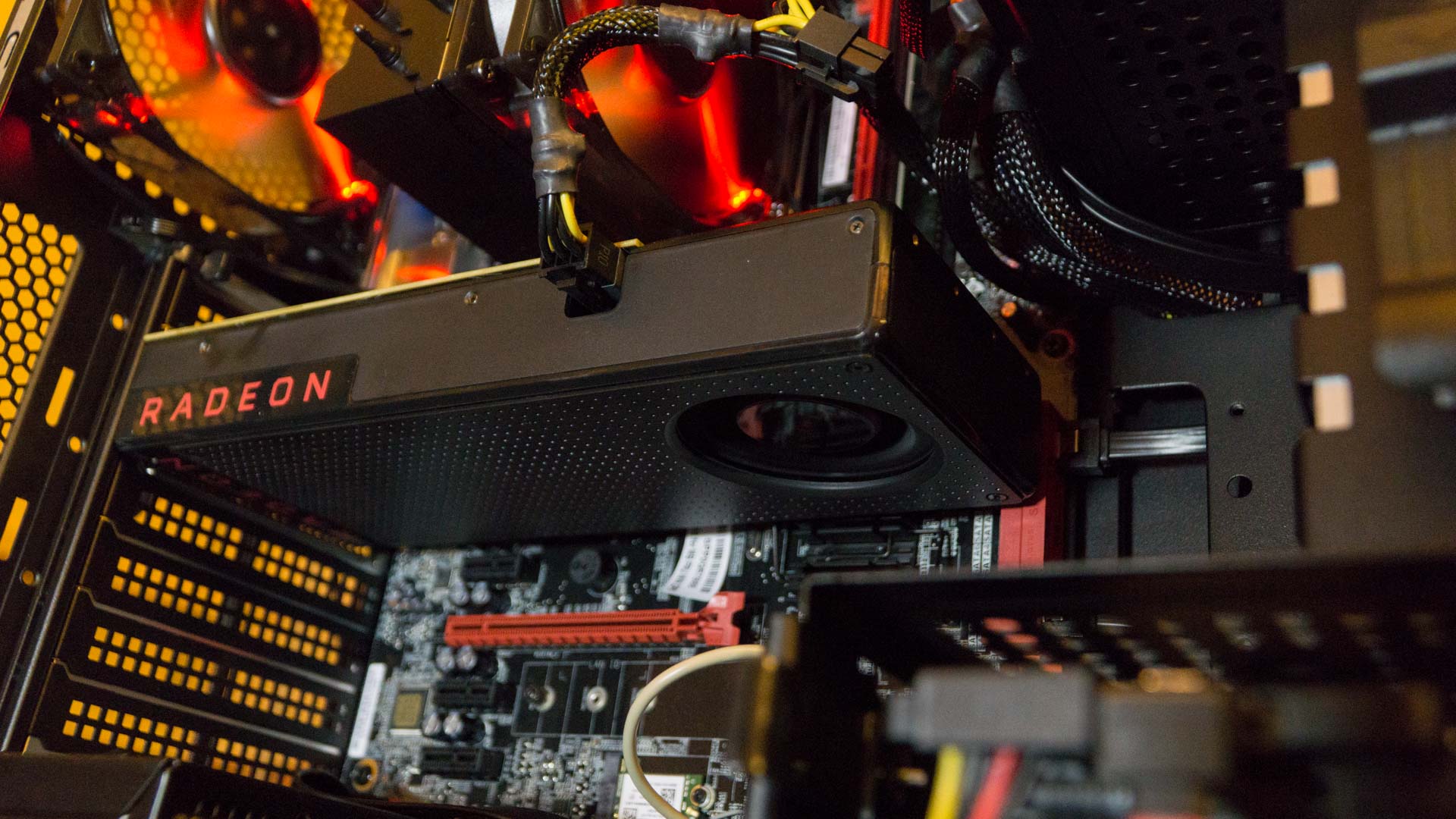
Game on
Older standards like DirectX 11 and OpenGL automate the process of memory allocation on the GPU, but during development of Mantle, Hallock said developers "really, really wanted to be in control" of that process.
Vulkan gives programmers even more control over the hardware, meaning developers have even greater flexibility in interfacing with the GPU and CPU than was possible with Mantle.
That level of control lends itself to thinner drivers, but also gives developers options as to how much hardware control they want. Devs can opt use Vulkan directly, meaning they have full control of the hardware.
The level of hardware control first seen in Mantle carries over to Vulkan, allowing developers to utilize more CPU and GPU cores.
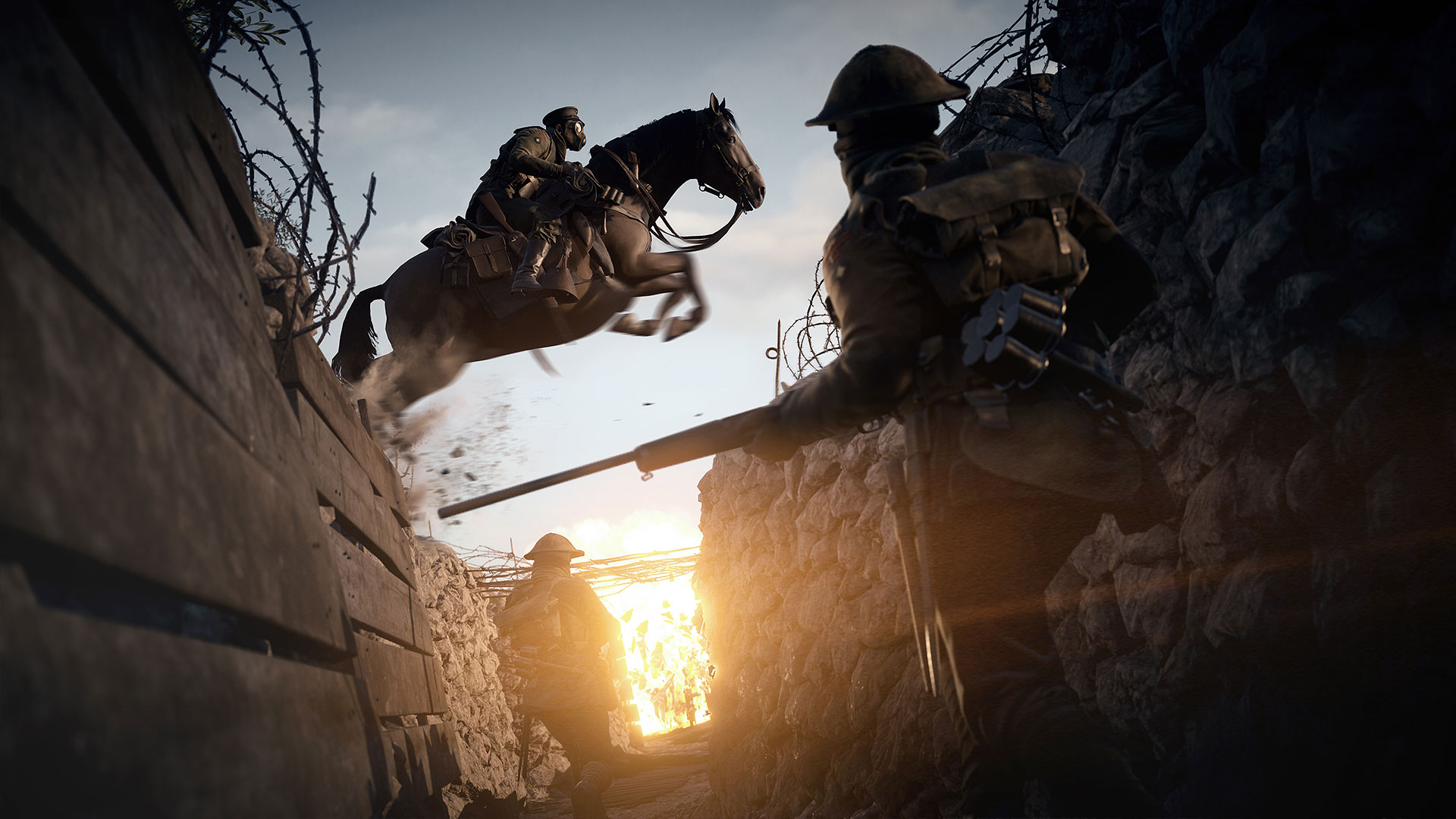
"It's very clear there's a huge appetite for these kinds of APIs for most developers," Hallock said.
While freeing, the technical, full Vulkan control isn't for everyone. The option to take advantage of libraries and utilities (many of which are open-source), or adopt a Vulkan-optimized game engine, are also part of the platform.
According to Khronos, applications using Vulkan-based game engines "will automatically benefit from Vulkan's enhanced performance."
Sign up for breaking news, reviews, opinion, top tech deals, and more.
It also means those games will be better equipped to handle virtual reality applications going forward, as well as other hardware improvements like 4K and high-dynamic range monitors.
In other words, games are going to look even better, while taking more efficient advantage of both existing and developing hardware.
Hallock thinks games running Vulkan could see performance boosts as high as 25%, something already seen in Ashes of the Singularity running DirectX 12.
The very first game to run Vulkan was Croteam's The Talos Principle. AMD worked to help port the code from its original iteration to Vulkan, and there are already more titles on the way. Unfortunately, Hallock is bound by NDA to, well, not disclose anything specific detaills.
Once developers become familiar with the tools and options available through Vulkan, performance improvements will be par for course.
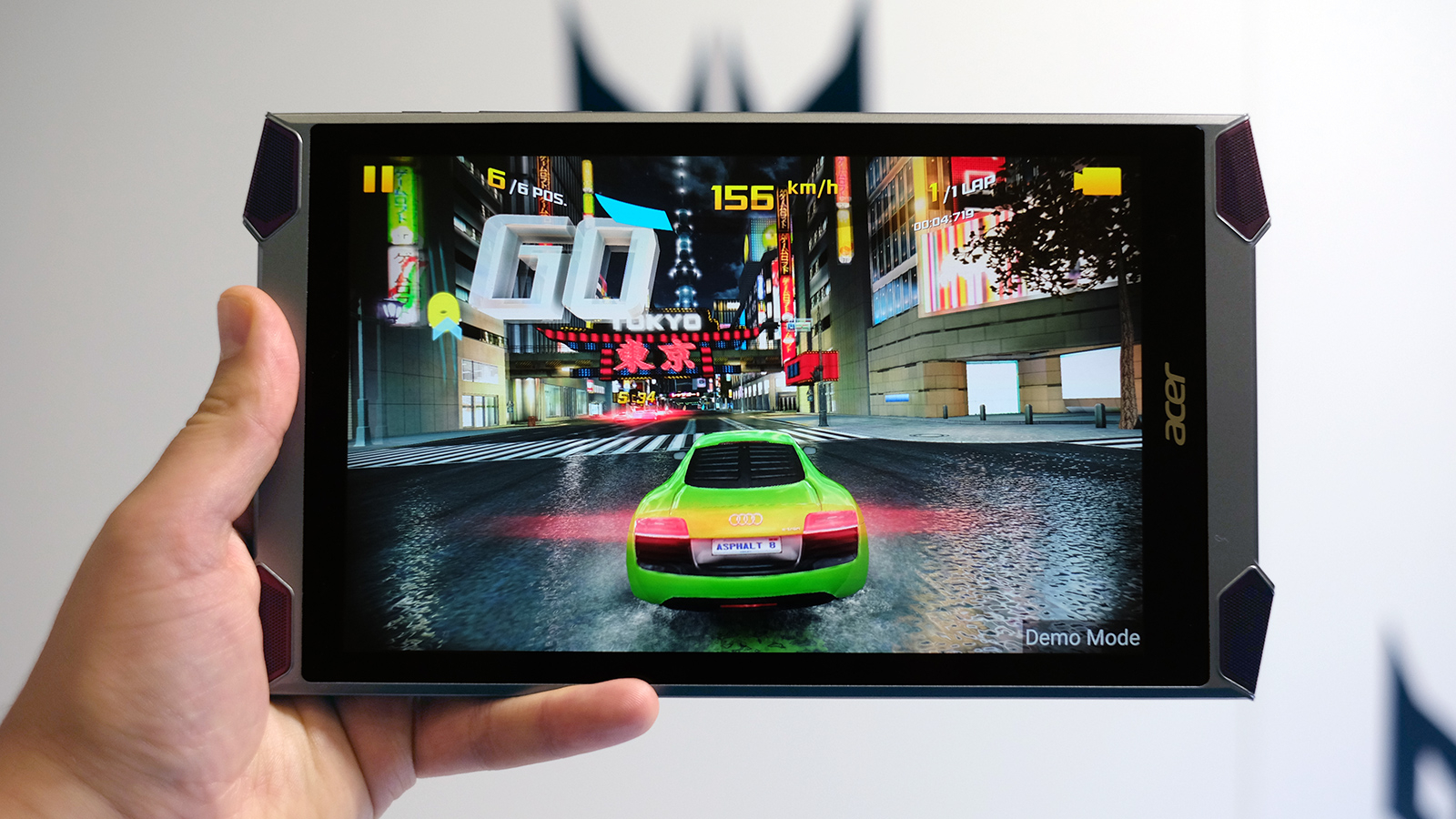
Does more than just Windows
Vulkan could be a huge shot in the arm for Linux gamers, who've so far had to make due with a limited, but ever growing, library of games. It also means Valve's SteamOS, itself a Linux derivative, will be a more viable platform for gamers to hitch their horses to.
The Vulkan API framework is unified across hardware platforms. That means there's no difference between Vulkan running on your smartphone and Vulkan running on your gaming rig. Vulkan is just Vulkan, not "Vulkan Portable" or "Vulkan PC."
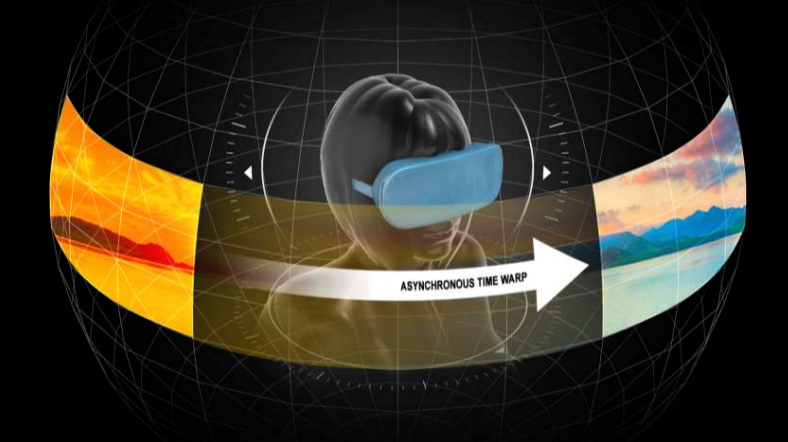
What it means for VR
To make the VR experience comfortable for users, regardless of hardware or software, the graphics need to run at 90 frames per second. More than just running 90 fps, software needs to maintain 90 fps without dropping frames in order to keep gamers from losing immersion, or worse, feeling physically ill.
Vulkan helps to hit on a lower-overhead for virtual reality and faster performance features, but reduces latency. That low latency is crucial to the VR experience.
To achieve the high framerates VR applications need means VR needs fast hardware. Thanks to Moore's Law, graphics cards and CPUs are still evolving at a blistering pace, becoming more powerful and cheaper with each iteration. "But you also need smarter and smarter software, all the time," Hallock said.
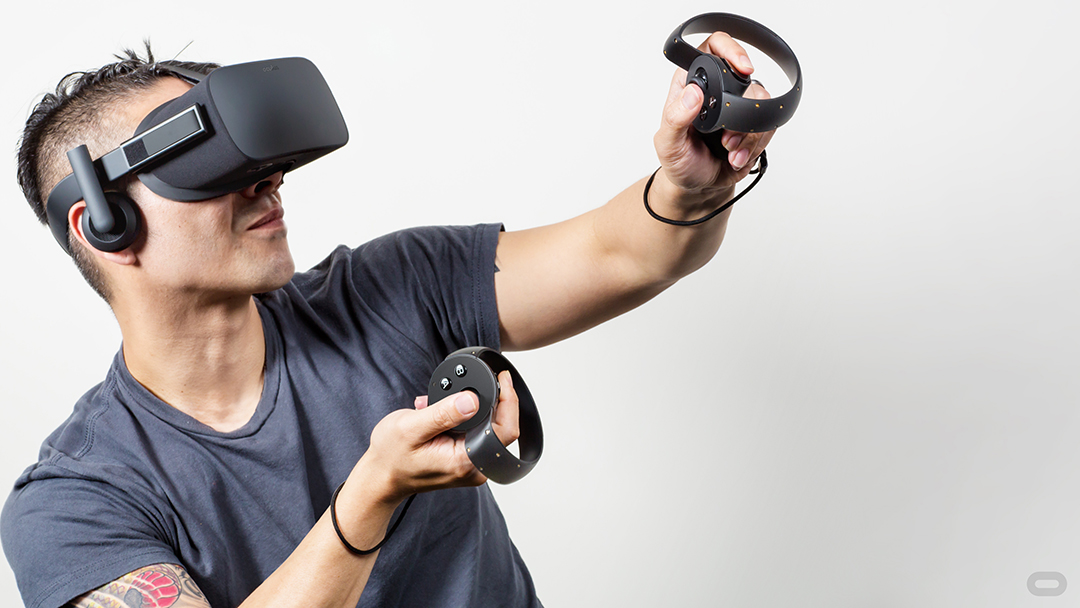
Vulkan is the best way to get this performance. Hallock said you won't be able to hit that level with OpenGL or DirectX 11. Not that there's anything wrong with either, but Hallock said there's simply "no better way to minimize latency and to improve responsiveness" than moving forward with the new software.
Looking forward, Hallock said the goal for VR is an absolutely insane 16,000 x 16,000 pixels per eye at 200 fps. "If you can achieve that kind of pixel density at that kind of frame rate, your eyeballs actually will not be able to distinguish between what it's seeing in VR and what it could see in reality."
Getting there means "making more powerful hardware and much smarter software, all the time."
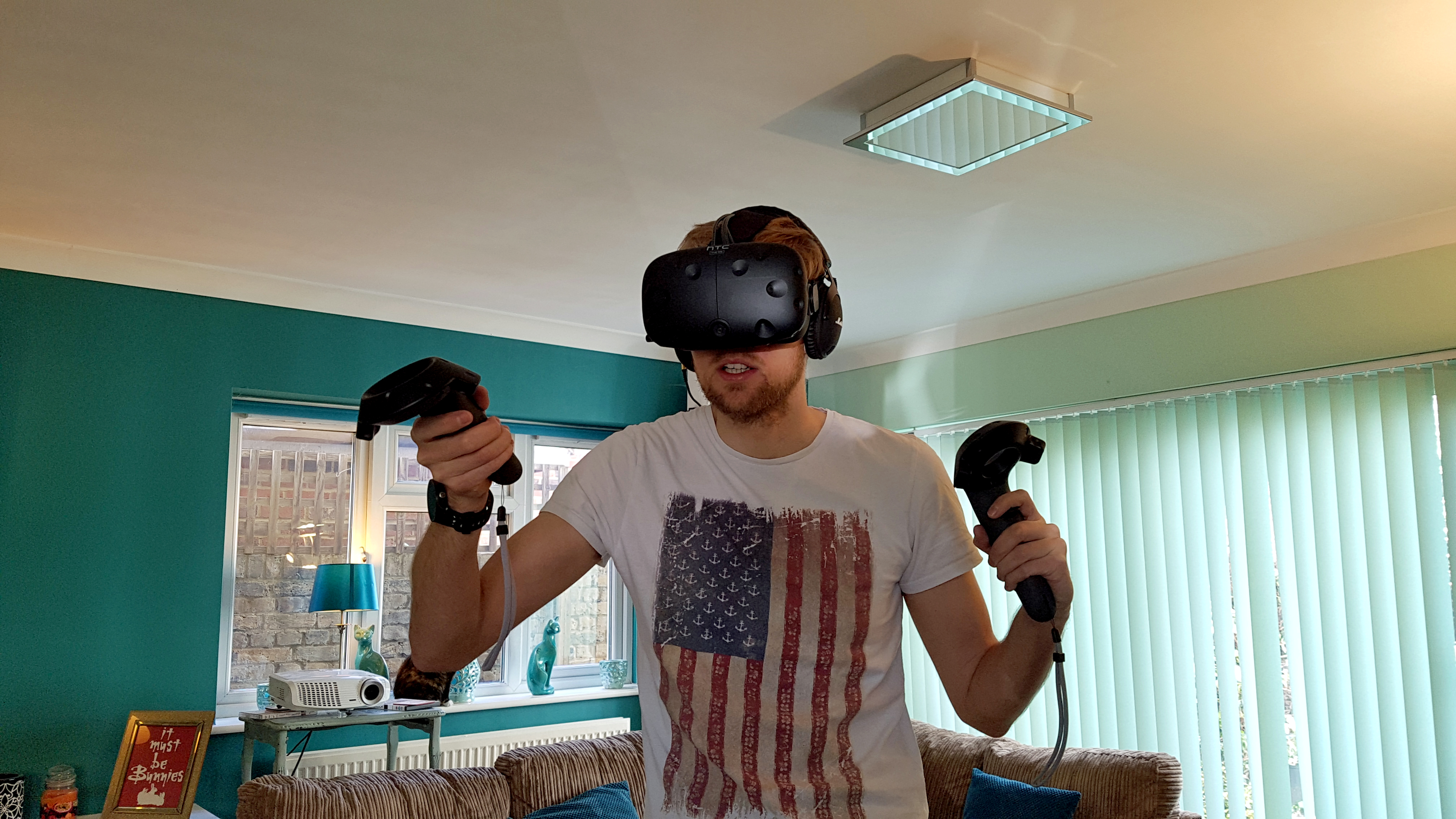
Vulkan is part of the process toward total gaming immersion.
"When you combine that with crazy pixel density and really, really great head tracking and super low latency," Hallock said, "suddenly that starts to look a lot like a holodeck"
If you're a gamer, there's a lot to be excited about. Your games are going to look better, run better, and run on more platforms, thanks to Vulkan. If you're a developer, Vulkan is giving you unprecedented control over hardware, while streamlining the process of porting games to other platforms. No matter how you look at it, Vulkan is meant to be a win for everyone in gaming.
- Vulkan could play a huge part in Project Scorpio and the PlayStation Neo